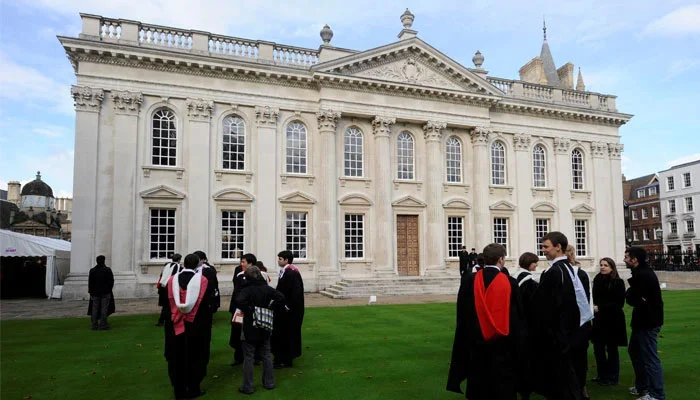For the first time in eight years, the UK government will raise tuition fees for students in England. It also means that it will set out plans intended to lift its dwindling finances next year. Minister of Education Bridget Phillipson states, “tuition fees will increase by inflation, so by £535 from next September to about $9,535 annually, meaning about $12,336.”. This is after Britain’s universities have experienced the pressure of financial constraints for more than half. Many such universities are destined to incur losses since the tuition rate has been capped, and there has been a decline in international students due to the new policies on immigration.
Solution to Financial Constraints in British Universities
However, British universities, internationally regarded as of the highest excellence and standing- including institutions like Oxford and Cambridge and Imperial College London- also significantly drive the economy, accounting for 760,000 jobs alone. Still, a report this month from the regulator into the sector warned that several are on course for closure unless costs can be cut or more finance is found. This is not to mention that UK universities, like those in America, have big endowments. Still, most of the finances are due to tuition fees, which, for 12 years now, have increased by a mere £250.
An election-eve issue
The fee increase will be highly political because, as one recent YouGov poll indicated, only 9% of Britons support the rise in tuition fees. The higher costs are also said to deter students from low-income backgrounds from entering University, which has intensified the debate.
Labour Party Policy Shift on Funding Education
The decision to raise tuition fees also represents a political shift in the Labour Party. He had campaigned in 2020 promising to end University tuition fees, only to flip on the issue as Labour’s lead in the polls grew. Recent tax and spending increases to finance public services are biting, and Labour’s lead has been eroded: the latest poll puts the party lagging behind the Conservatives for the first time in three years.
This increase in fees to protect British higher education has been the new wave that has triggered debate about affordability, university roles in the UK economy, and the political cost of education reform.
Conclusion
The government will face a challenge regarding whether it can balance the efforts of keeping higher education financially viable with the need for accessibility to students from various economic backgrounds. Universities have called for higher funding to sustain innovation and improve their global status. However, educationists are warning that an increase in fees will even widen the unequal access gap to higher education and might provoke the government into coming up with other ancillary measures to help poor students avoid widening their gaps in educational opportunities. Thus, the following fee changes will feed only into debates about equal access and the future structure of funding higher education in the UK.















